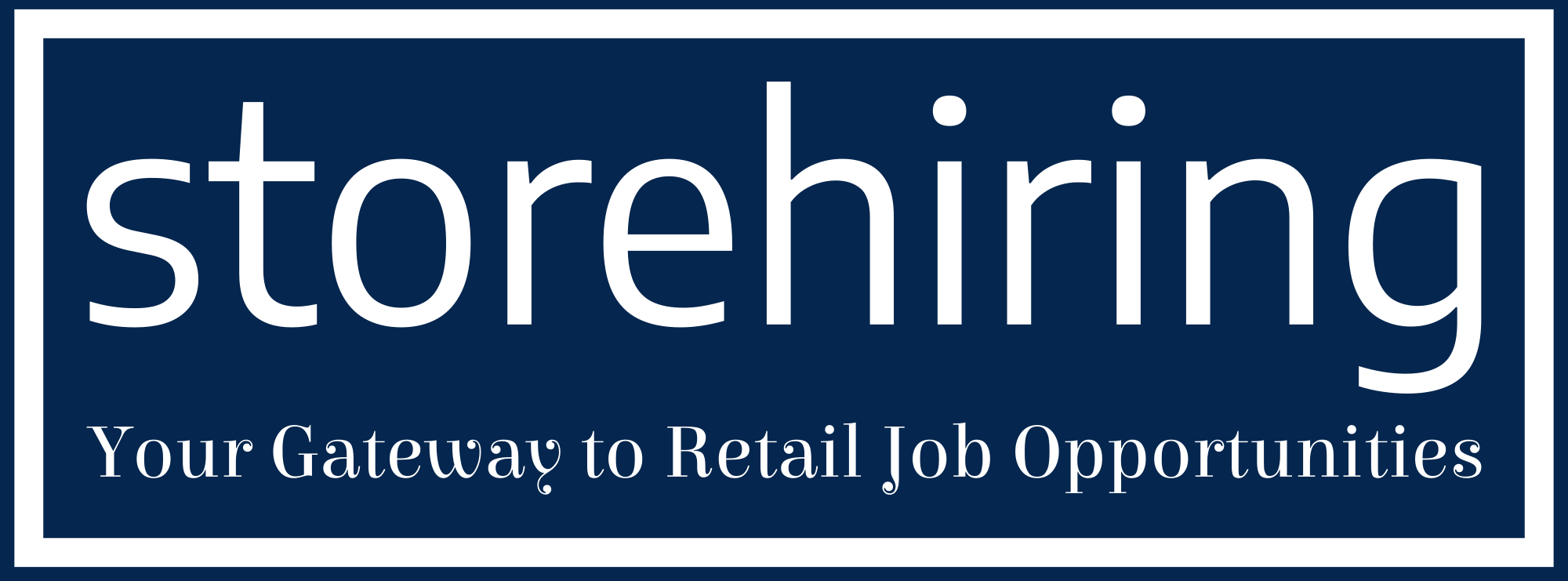The retail industry has undergone significant transformations in recent years, driven by advancements in technology, shifts in consumer behavior, and the impact of global events like the COVID-19 pandemic. These changes have influenced every aspect of retail, including hiring practices. Retailers are adapting to new realities by evolving their recruitment strategies to attract and retain top talen
In this article, we explore the most recent changes in retail hiring practices and what job seekers and employers can expect moving forward.
Embracing Technology in the Hiring Process
AI and Automation
Artificial Intelligence (AI) and automation are revolutionizing the retail hiring process. Retailers are increasingly using AI-powered tools to streamline recruitment, from screening resumes to scheduling interviews.
Key Developments:
- Resume Screening: AI algorithms can quickly scan and assess resumes, identifying the most qualified candidates based on specific criteria.
- Chatbots: Automated chatbots assist candidates with the application process, answering questions, and providing updates on their application status.
- Interview Scheduling: AI tools automatically schedule interviews, reducing the administrative burden on hiring managers.
Virtual Interviews
The pandemic accelerated the adoption of virtual interviews, which have now become a standard practice in retail hiring. Virtual interviews offer flexibility for both employers and candidates, allowing interviews to be conducted without the constraints of location.
Key Benefits:
- Convenience: Candidates can interview from anywhere, reducing travel time and costs.
- Efficiency: Employers can conduct more interviews in less time, speeding up the hiring process.
- Broader Reach: Virtual interviews enable retailers to tap into a wider talent pool, including candidates from different regions.
Focus on Diversity and Inclusion
Inclusive Hiring Practices
Retailers are placing a greater emphasis on diversity and inclusion in their hiring practices. This shift is driven by a growing recognition of the benefits of a diverse workforce, including improved innovation, customer satisfaction, and employee engagement.
Key Strategies:
- Bias Training: Hiring managers undergo training to recognize and mitigate unconscious bias.
- Diverse Sourcing: Retailers are expanding their talent pipelines to include diverse candidates, partnering with organizations that focus on underrepresented groups.
- Inclusive Job Descriptions: Job postings are being rewritten to use inclusive language and appeal to a broader range of candidates.
Employee Resource Groups (ERGs)
Employee Resource Groups (ERGs) are becoming more prevalent in retail organizations. These groups provide support for employees from diverse backgrounds and contribute to a more inclusive workplace culture.
Key Benefits:
- Support Networks: ERGs offer a sense of community and belonging for employees.
- Professional Development: ERGs provide opportunities for mentorship, networking, and career growth.
- Cultural Awareness: ERGs promote cultural awareness and sensitivity within the organization.
Emphasis on Soft Skills and Adaptability
Soft Skills
Retailers are increasingly valuing soft skills, such as communication, teamwork, and problem-solving, in their hiring decisions. These skills are essential for providing excellent customer service and fostering a positive work environment.
Key Soft Skills:
- Communication: Effective communication is crucial for interacting with customers and colleagues.
- Teamwork: The ability to work collaboratively is essential in a retail setting.
- Problem-Solving: Employees who can think on their feet and resolve issues quickly are highly valued.
Adaptability
The ability to adapt to change is more important than ever in the retail industry. Retailers seek candidates who can thrive in a fast-paced, dynamic environment and are open to learning new skills.
Key Qualities:
- Flexibility: Being able to adjust to new tasks and responsibilities as needed.
- Resilience: The capacity to handle challenges and setbacks positively.
- Continuous Learning: A willingness to continuously update skills and knowledge.
Enhanced Candidate Experience
Streamlined Application Processes
Retailers are working to simplify and streamline their application processes to enhance the candidate experience. Lengthy and complicated applications can deter qualified candidates, so making the process user-friendly is a priority.
Key Improvements:
- Mobile-Friendly Applications: Ensuring that applications can be easily completed on mobile devices.
- Shorter Applications: Reducing the number of steps and required information to apply.
- Clear Communication: Providing clear and timely updates throughout the application process.
Employer Branding
Retailers are investing in employer branding to attract top talent. A strong employer brand showcases the company’s values, culture, and opportunities for growth, making it more appealing to prospective employees.
Key Elements:
- Company Culture: Highlighting the company’s culture and what makes it unique.
- Employee Testimonials: Sharing stories and testimonials from current employees about their experiences.
- Career Development: Emphasizing opportunities for professional growth and advancement within the company.
Conclusion
The retail industry’s hiring practices are evolving to meet the demands of a changing landscape. By embracing technology, focusing on diversity and inclusion, valuing soft skills and adaptability, and enhancing the candidate experience, retailers are better equipped to attract and retain top talent. Job seekers should stay informed about these trends to successfully navigate the retail job market and seize new opportunities.
